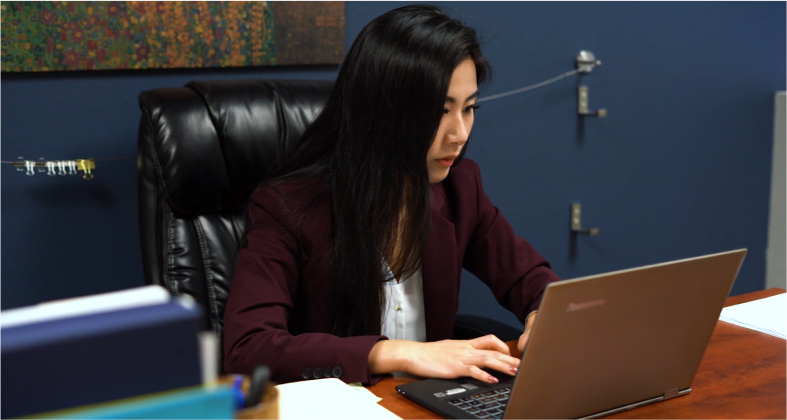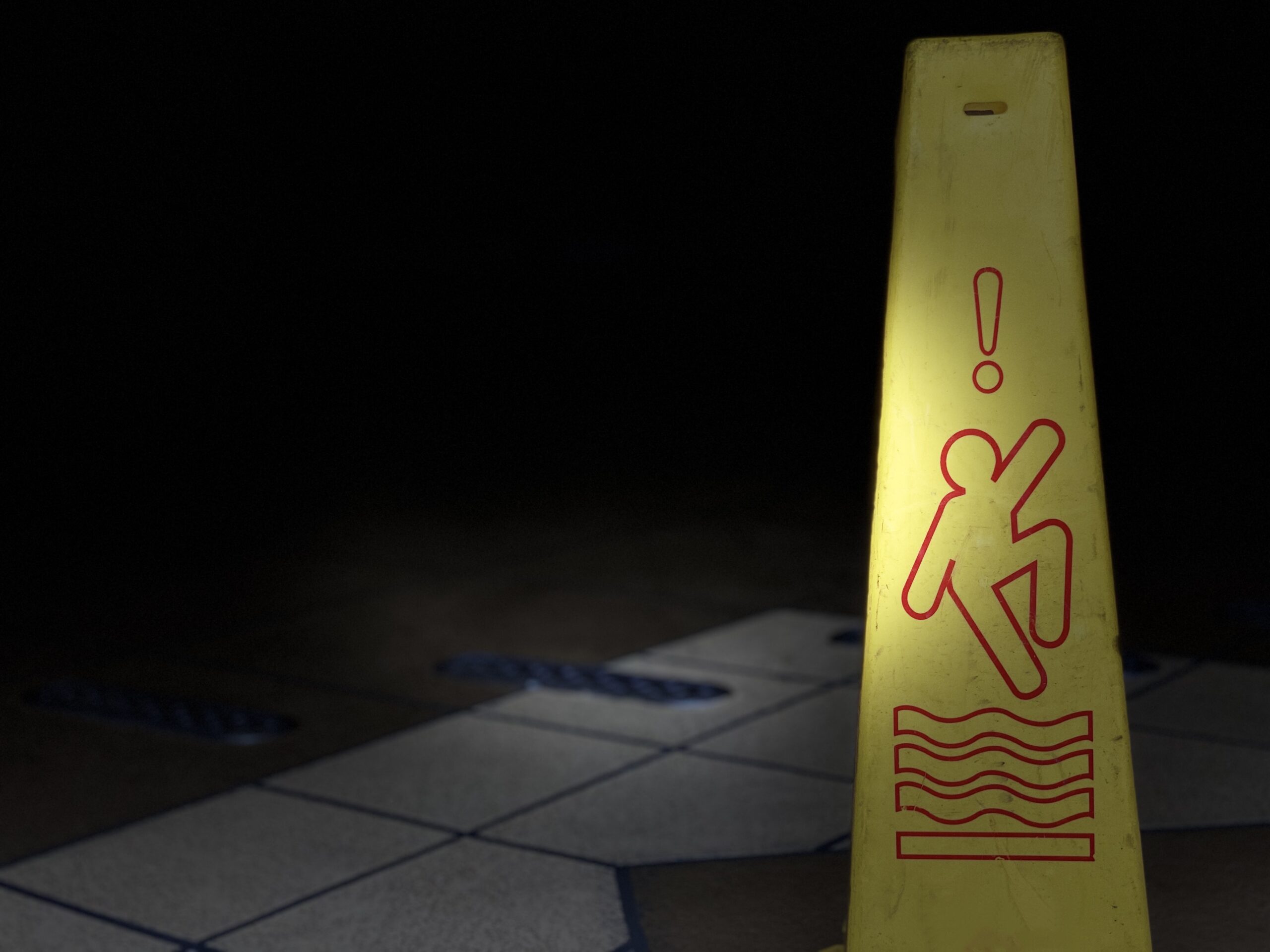Author:
If you or a loved one has been convicted of a crime, you might have wondered about appealing, or asking a higher court to review the case. How does this process work?
Most importantly, you need to have a competent defense attorney to help you navigate the courts.
But there are other things to keep in mind:
– Guilty Plea vs. Being Found Guilty: If a person pleads guilty, they don’t automatically have the right to appeal. They must receive permission from the courts to proceed. However, if they are found guilty by a jury or judge, they have the right to appeal.
– Appealing Isn’t Automatic: If a person thinks they’ve been wrongly convicted, they have the right to appeal. But they must have their attorney(s) file a notice of appeal.
– Deadlines: Perhaps the most important thing to remember when appealing is that the notice must be filed by a certain date. This date varies from court to court, but can be as little as 10 days post-conviction.
– What’s Needed: In addition to filing the notice of appeal, the attorney will order a copy of the trial transcript from the court reporter and write an appellate brief arguing the case.
– What to Expect: An appeals hearing isn’t a new trial. Records of the lower court’s proceedings (transcript, motions, evidence) will be reviewed and there will be briefs and oral arguments from both sides. The review process looks for egregious errors only.
What Can Happen Next
– The court upholds the conviction.
– The case is sent back to the lower court for additional proceedings.
– The conviction is tossed out and a new trial is ordered.
– If the conviction is upheld, extraordinary measures such as writs may be taken.
Please reach out if you have any questions about the appellate process.

If you have questions about your case, please contact us at [email protected] or (253) 236-4079.




